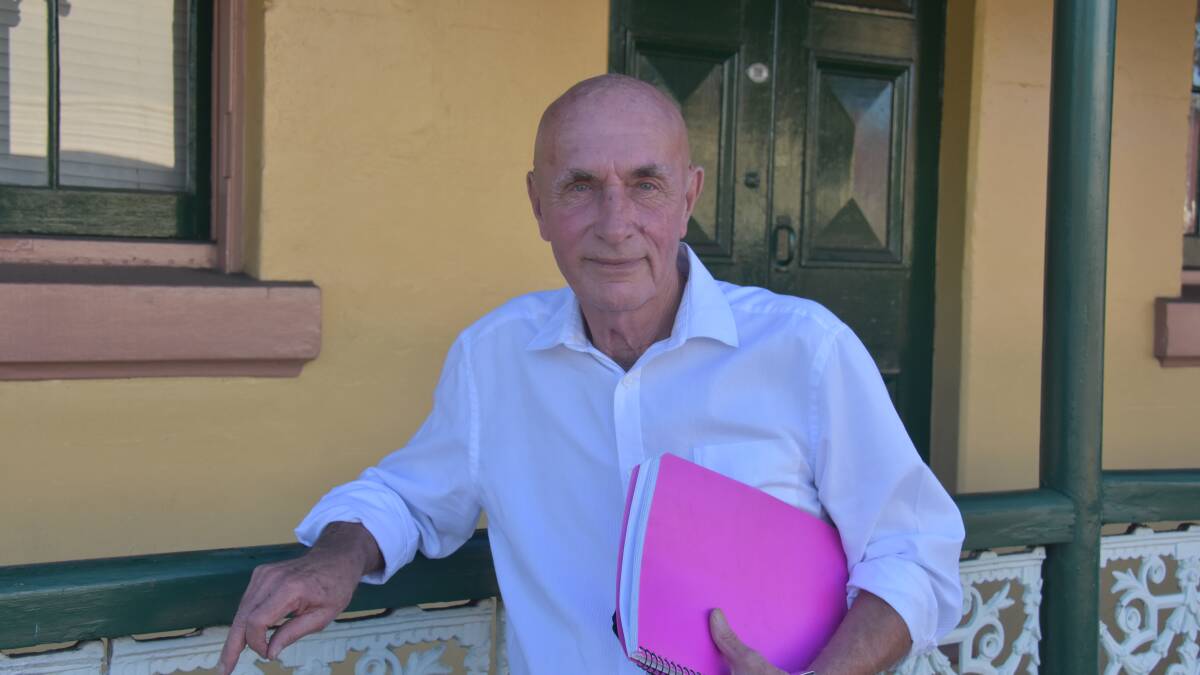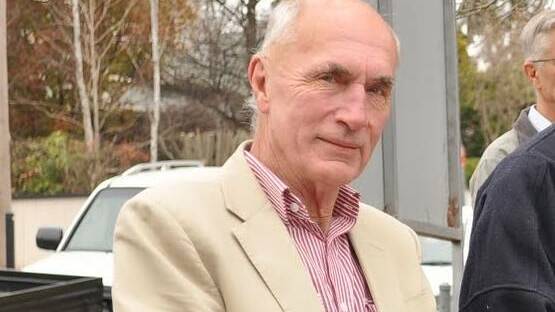
“My role as a public historian is something like an archaeological rescue dig,” Jim Belshaw said. “I try to preserve and present our history before it is forgotten, and to do so before the next wave of social and economic change washes over the top.”
Subscribe now for unlimited access.
$0/
(min cost $0)
or signup to continue reading
Jim decided almost a decade ago to become full-time writer specialising in history, after a career as a public servant and technology consultant.
He has written a weekly history column for the Armidale Express since 2008, and also communicates through the New England’s History Blog and his personal blog.
READ ALSO:
Jim also speaks at UNE, most recently on the 30,000-year history of New England. His magnum opus will be a history of Northern NSW over the last 50,000 years.
“I seek to preserve our history as an area worthy of study,” Jim said, “and to present it so that both people living in the area and also the New England diaspora have access to material.”
He is himself part of that diaspora, one of the many New Englanders living outside the region. For every one Armidale resident, he points out, there are at four elsewhere who went to school or lived here.
Jim grew up in an academic household, as he’s described in his Express columns about the Belshaw family history. He planned to become an archaeologist and prehistorian, but ended up working for the Treasury, Canberra, as an economist and economic advisor.
He returned to Armidale as a post-graduate student, went back to the ACT, married, set up a high tech consulting agency in Armidale, and then moved to Sydney, where he presently lives, pending his return to Armidale later this year.

Knowledge of history is, Jim believes, important for public policy. Too often, policy makers and the people from whom they draw information lack the context they need to make better decisions.
“If history is not explained to people, if they don't have access to their history,” Jim said, “it's difficult for them to understand where they are, or to understand some of the joys and sadnesses of where they are. A bad side-effect is that people keep on inventing the wheel.
“Because people are not aware of forms of thinking or of writing that have taken place in New England, they come up with policy ideas or conclusions that are unlikely to work, instead of taking into account what's been done in the past.”
He points to the current discussions about decentralisation and immigration, or Tamworth mayor Col Murray’s attack on the proposal to move the APVMA to Armidale.
"If some of the previous material was better known, going back to the role of historian in recording and presenting, then the policy decisions here would be more informed.”


